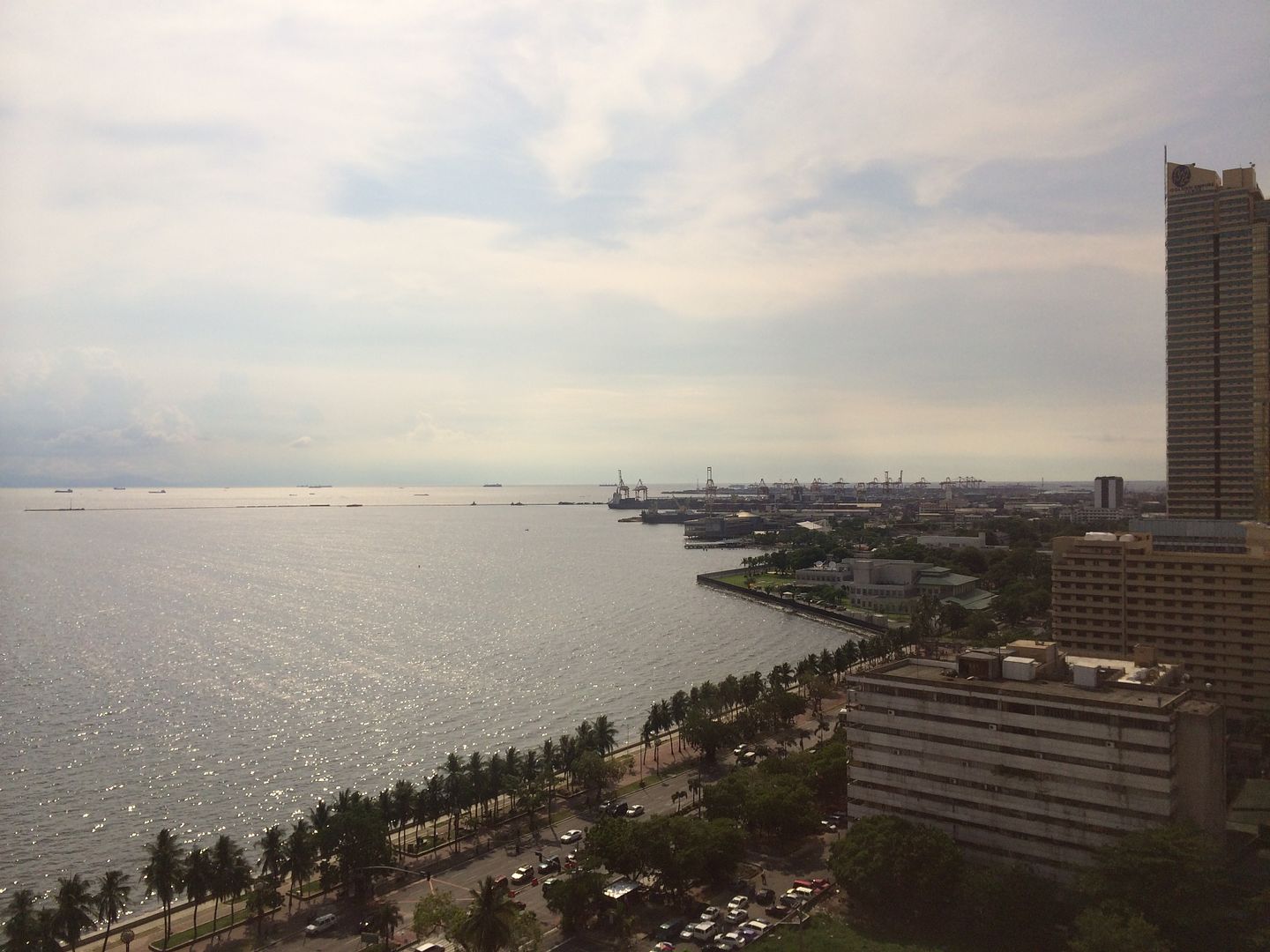Dose of bitter medicine for LOS? Maybe some positives in junta's authority over past lameduck cabinet -with signing off some bills to get economic relief.
The ‘patient’ isn’t terminal but needs strong medicine
Bangkok Post Published: 5/06/2014 at 12:22 AM
Before the coup on May 22, Thailand could be compared to a person suffering from painful indigestion, bloated with gas from months of internal conflict between parties intellectually and emotionally divided. It seemed only a matter of time before something gave way.
After May 22, the patient was force-fed three pills. With the first, the National Council for Peace and Order (NCPO) imposed its curfew, clamped down on the media and banned political protests to impose an uneasy state of peace on the population.
With the second came the promise that, assuming peace continues, a new government will be formed to lead the country.
And with the third pill, again assuming that “peace and order” is maintained, will come elections and a return to democracy.
Whether these three giant pills will truly cure the patient remains an open question, one with broad ramifications for the political, economic and social future of the country. If this hiccup in the country’s political structure succeeds in achieving a more mature, enlightened democracy, all the better. But if our pain and conflicts simply resume, we will have lost time, energy and goodwill for nothing.
For now, we can only see and feel the results of the first pill. The NCPO has put economic policies at the forefront, no doubt reasoning that there is little hope of garnering public support, or at least acceptance of the coup, if it cannot address the people’s fundamental financial concerns and expectations.
Certainly the past several months of political deadlock under the caretaker Yingluck Shinawatra government had seen economic confidence nosedive, as investments were shelved and the new budget unable to be written into law.
In recent days, the NCPO and coup leader Gen Prayuth Chan-ocha have spurred the bureaucracy into action, with disbursements under the current 2014 budget to be accelerated and a new 2015 budget to be finalised in time for the start of the fiscal year in October.
About one million rice farmers who have been waiting for payment for their pledged rice for months have also finally begun to receive relief, after the NCPO ordered the state-owned Bank for Agriculture and Agricultural Co-operatives to release 40 billion baht from its reserves to help settle the overdue debt.
The Finance Ministry’s Public Debt Management Office plans to borrow 90 billion baht from the local money market to repay the state agriculture bank and settle remaining debts owed to farmers.
While it is premature to say whether such actions are sufficient to stem the economic malaise, at least some economists believe that extra government spending could at least help push overall economic growth this year to 3%, with the ever-present assumption of course that “peace and order” continues.
Restoring investor confidence and re-establishing medium-term growth will no doubt be the next priority for Gen Prayuth.
Earlier this week the military junta directed state agencies to review existing spending programmes, including the 2-trillion-baht infrastructure investment programme and the 350-billion-baht water management scheme, both initiated under the Yingluck government.
Still, it will be interesting to see the policy platform that ultimately comes from the junta, particularly with regards to public programmes ostensibly initiated by the Yingluck government to address income disparity and rural poverty.
The rice scheme in particular looks set to be scrapped. The policy resulted in the country losing market share in the world rice market and helped push public debt to 46% of gross domestic product, compared with 40.7% in late 2011.
Policymakers often say economic policy should aim for long-term, sustainable growth, rather than perpetuate boom and bust cycles. But long-term development plans by definition take time to bear fruit, often too much time for fickle political leaders and their constituents alike.
I think many farmers, if asked about the Yingluck government’s rice policies, know that any scheme offering prices 40% and more over market simply cannot be maintained indefinitely. But that’s someone else’s problem, isn’t it?
Actually, poor policy exacts a price upon all, taxpayers and beneficiaries alike. It makes little sense to buy a car until you know how to drive, or build a library without knowing how to read, or buy a computer when there is no electricity.
Medicine may alleviate the symptoms of our national indigestion, but not the disease. For that, something more fundamental, more elemental is required, a step which leads to a genuine change of hearts and minds about the future of the country and the values and principles we hold dear. We can only hope this brief respite will be enough.
Wichit Chantanusornsiri is a senior economics reporter for the Bangkok Post



 Swee boh? Celeb LB, Nong Ploy
Swee boh? Celeb LB, Nong Ploy 


